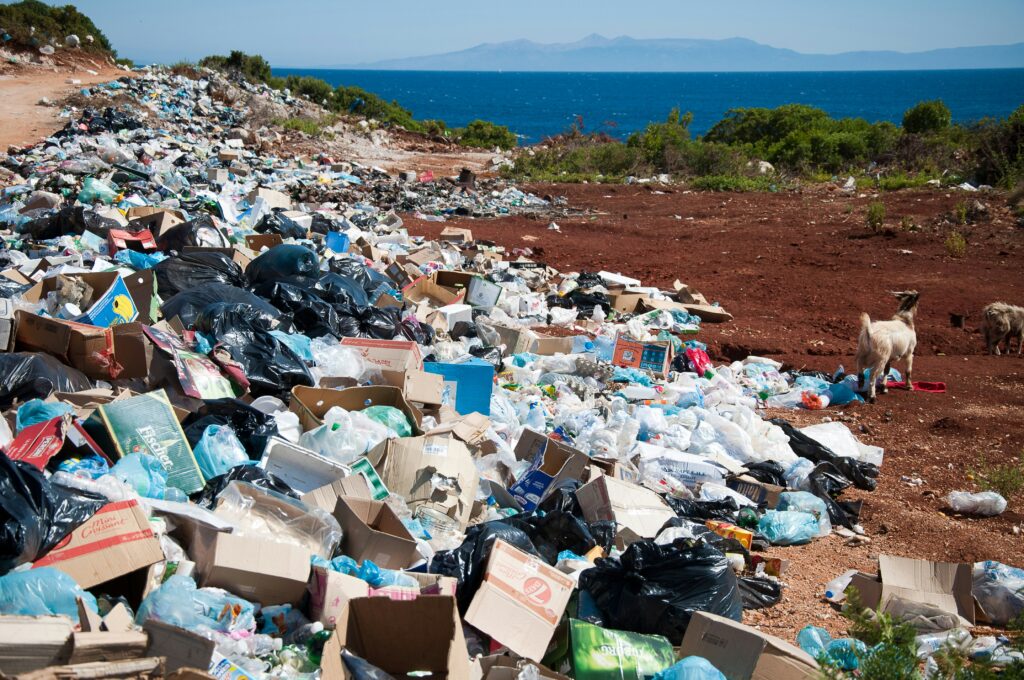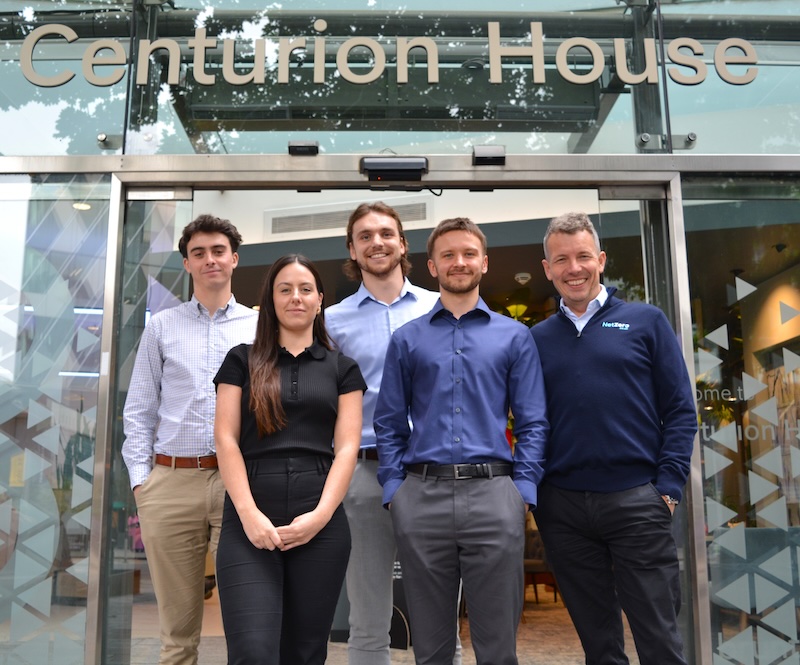Walkers Crisps hope to cut 70 per cent of their carbon emissions from the manufacturing process by using the CO2 from beer fermentation in a brewery and mixing it with potato peelings, which is then used on next year’s crops as fertiliser. The innovative technique is the brainchild of a small UK start-up called CCm, and by harvesting the CO2 from a brewery and creating their own fertiliser, they are doubling down on reducing emissions, particular as fertiliser production is particularly costly to the environment. Founded in 1948, Walkers are one of the country’s most popular crisp brands, and currently hold 56 per cent of the British crisp market. But the Walkers parent company, PepsiCo, doesn’t have the greatest track record when it comes to green issues, and was recently ranked second in the world, behind rival Coke, for the amount of plastic pollution it creates. The beer and peelings solution is the latest innovation from Walkers aimed to reducing the company carbon footprint. The firm also feeds potato waste to bacteria, which creates methane, which is then burned off to help the frying of the crisps. Speaking about the innovation, David Wilkinson from PepsiCo said: “From circular potatoes to circular crops, this innovation with CCm Technologies could provide learnings for the whole of the food system, enabling the agriculture sector to play its part in combating climate change.” “This is just the beginning of an ambitious journey, we’re incredibly excited to trial the fertiliser on a bigger scale and discover its full potential.” “This initiative is a step in the right direction, and we will continue working hard to lower the carbon impact of our products from field, through manufacturing sites, to consumption .”
Philippines Storm Victims File Ground-breaking Climate Lawsuit Against Shell
Survivors of Typhoon Rai, one of the Philippines’ most destructive storms of 2021, have filed…




